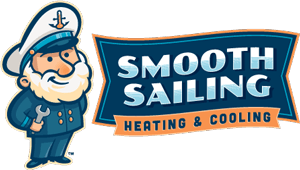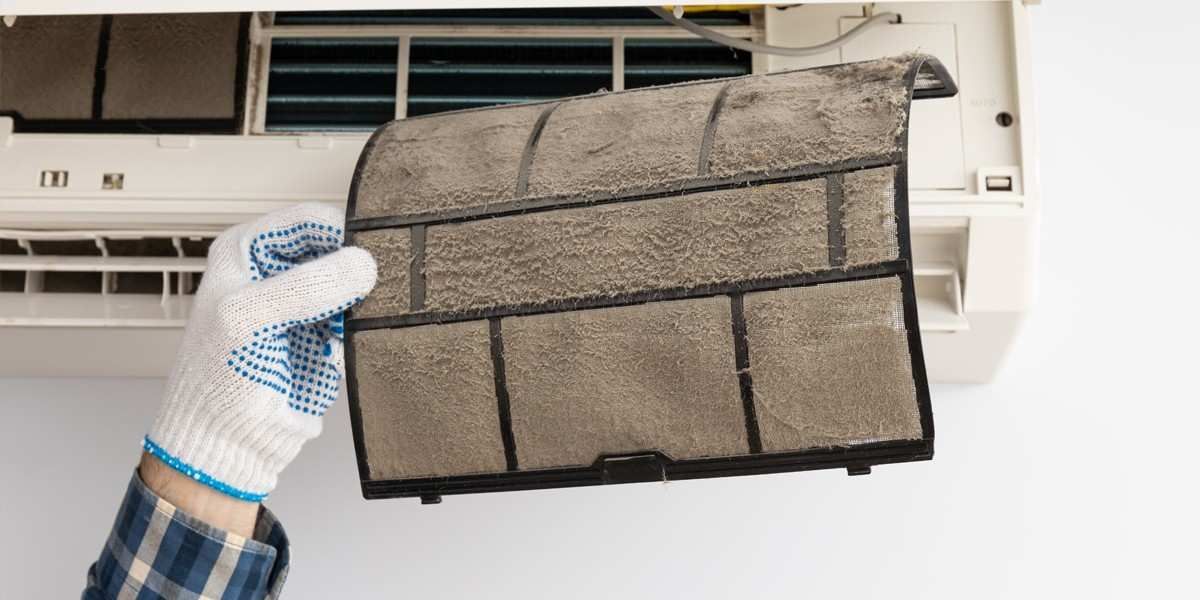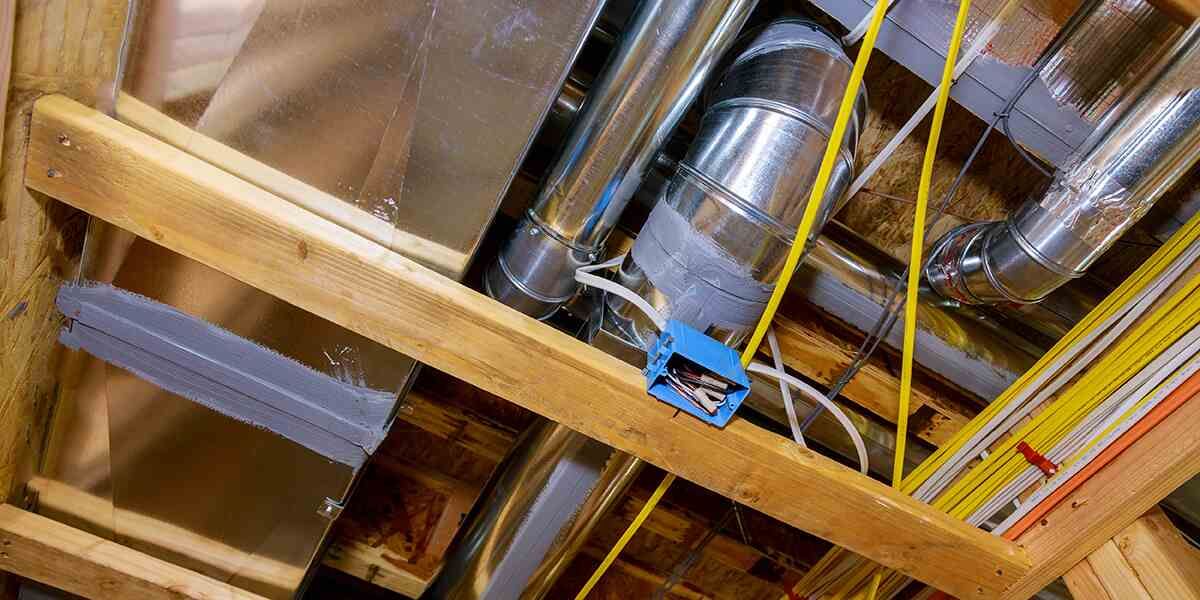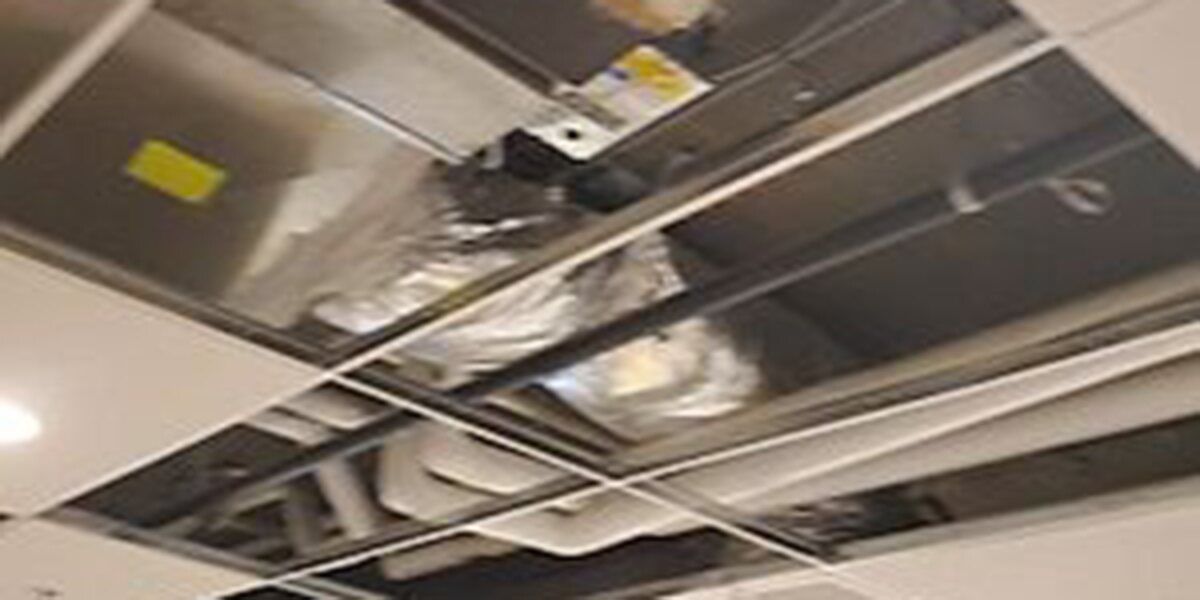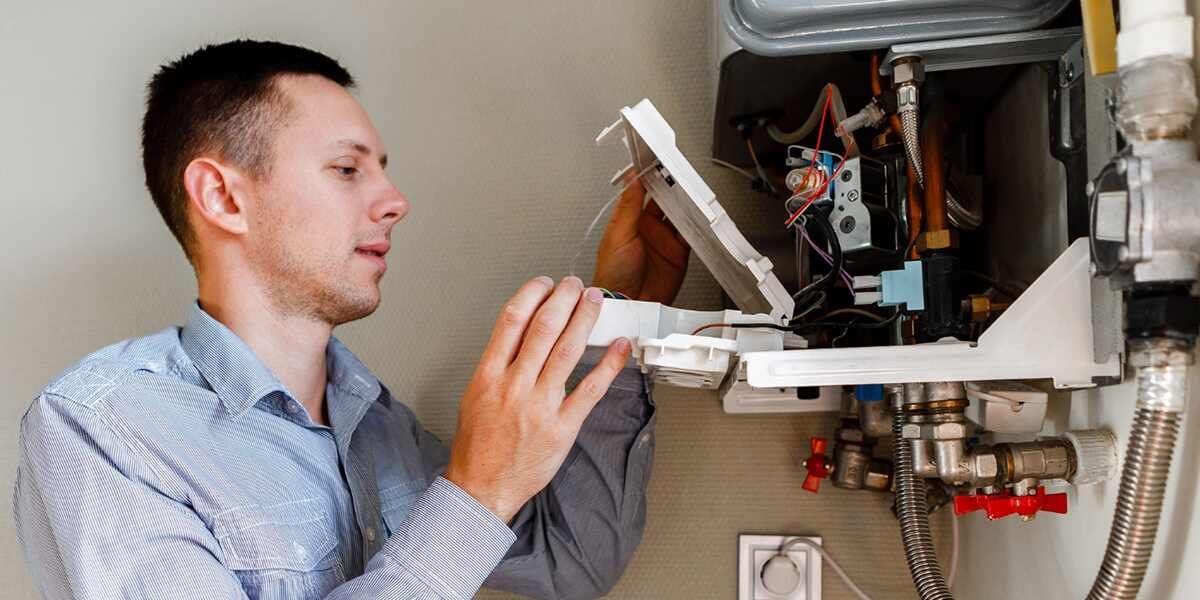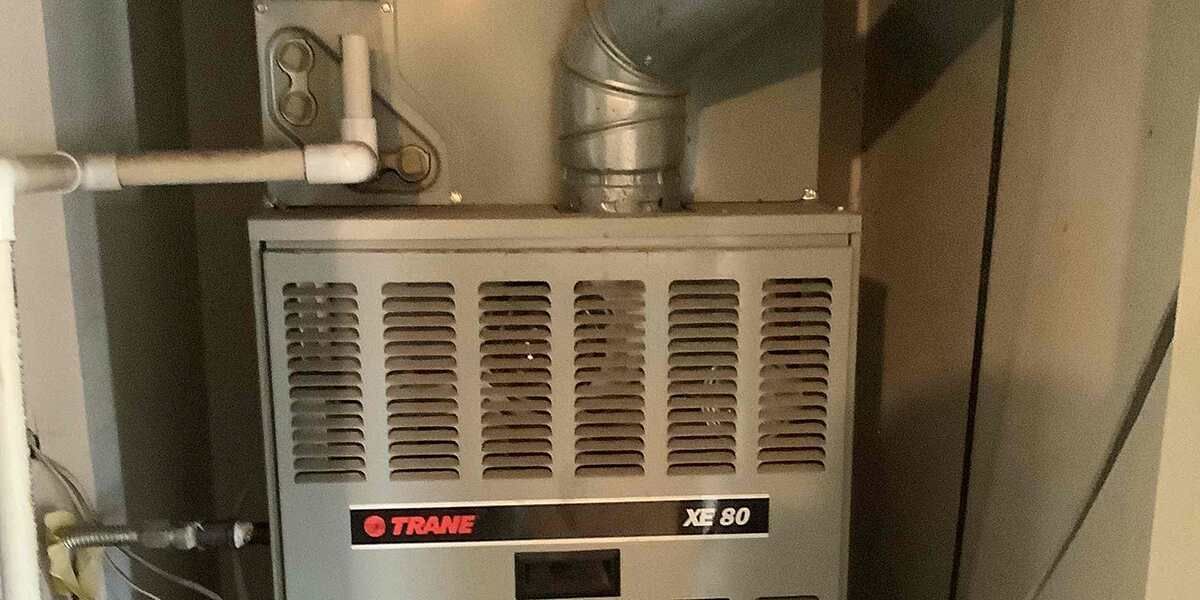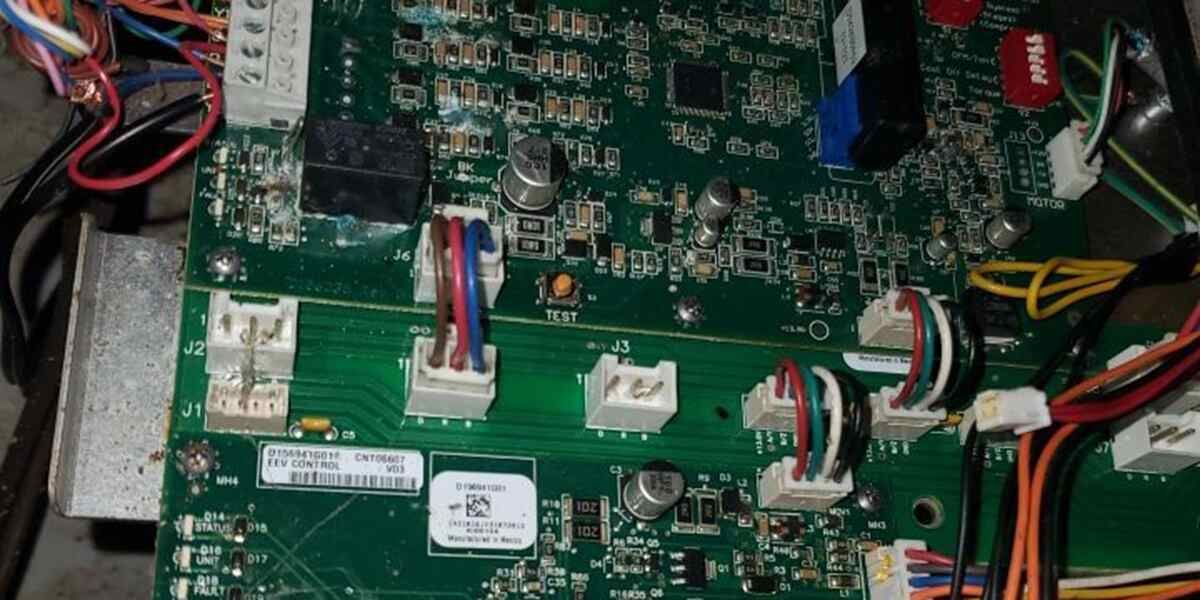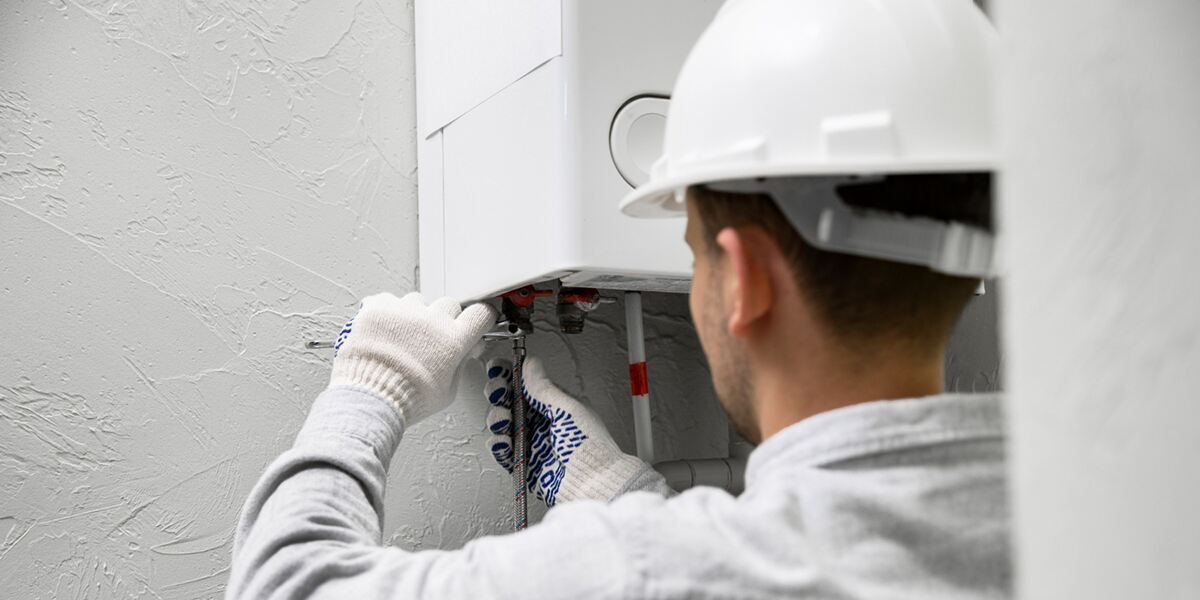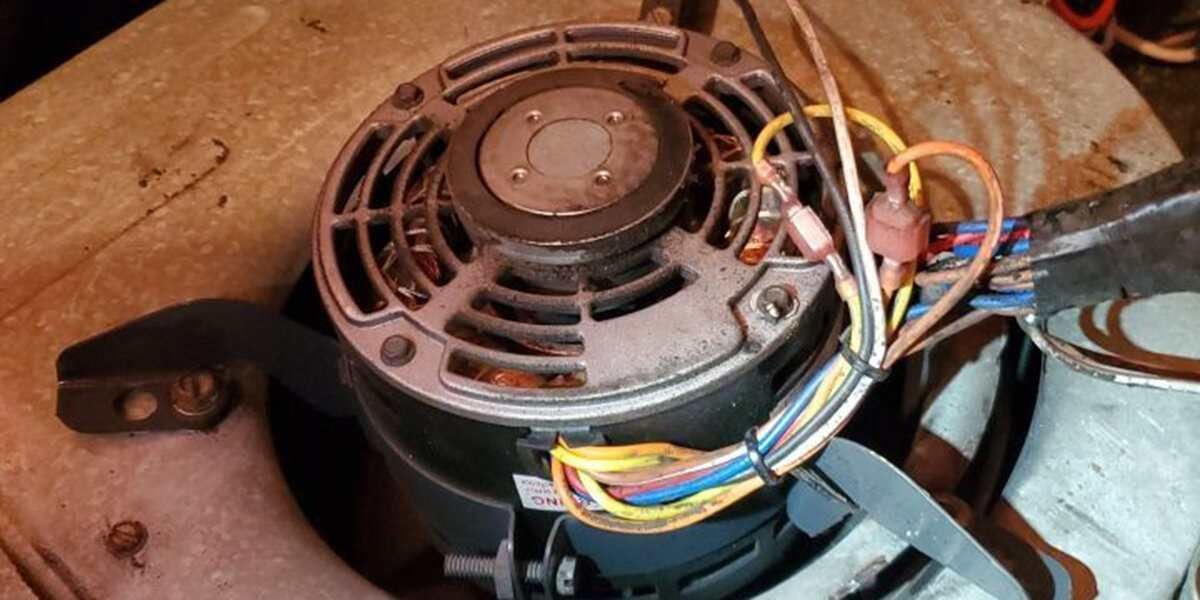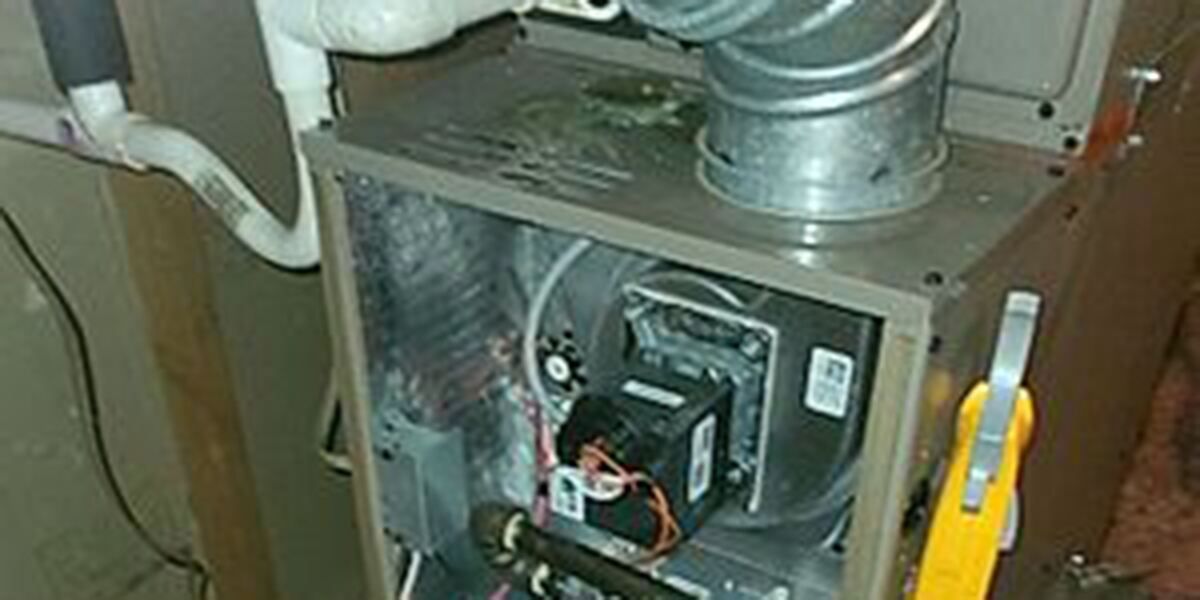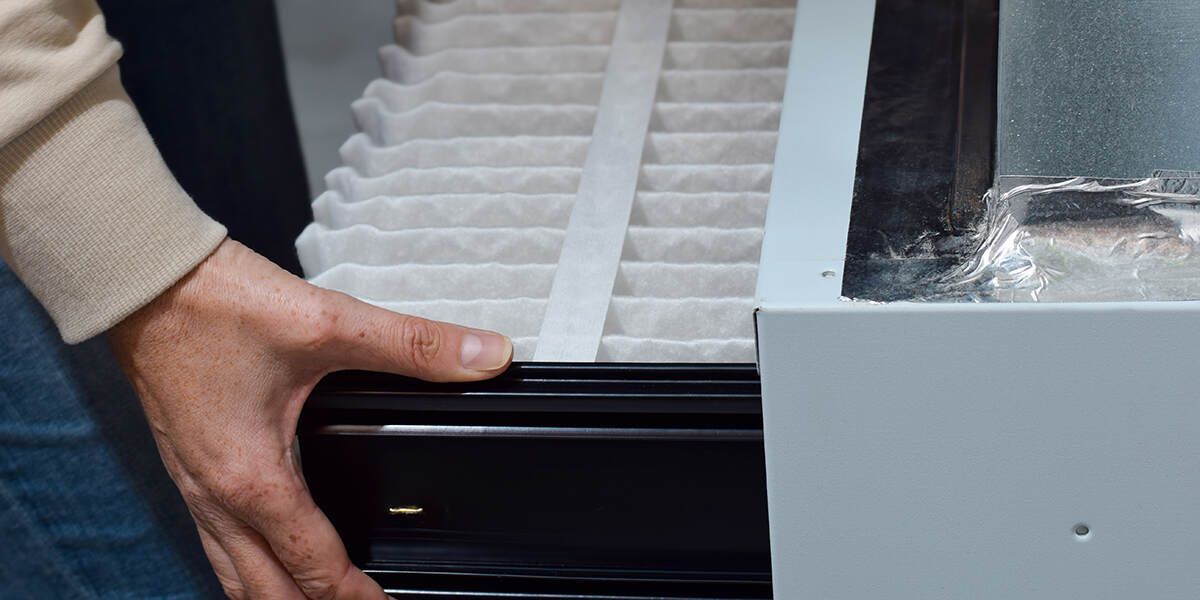What Happens if Furnace Gas Pressure Is Too Low?
Gas furnaces are popular for their cost-effectiveness and heating capabilities but can prove dangerous with inadequate gas pressure. Have our specialists keep yours safe and in tip-top shape!
Four main types of furnaces span homes and businesses across Boiling Springs, SC, and the nearby areas: gas, electric, propane, and oil. While they all heat your space, each holds unique parts that slightly alter the heating process and vary the problems that arise. For gas, one common issue is inaccurate gas pressure, but how can you tell if that’s the case, and what happens if furnace gas pressure is too low?
At Smooth Sailing Heating & Cooling, our veteran and family-owned company, we’ve had years of experience working with all HVAC equipment, conducting repairs and part replacements daily. So, we know how all components should function and when they need remedying. Below, we’ll discuss low gas pressure and when to call for a “heating installation near me” or other services.
What Is the Appropriate Gas Pressure?
When natural gas enters your home via the main supply line, it comes in with a supply pressure of between five and seven inches of water from the utility company. However, most furnaces can only work with pressures between 3.2 and 3.7 WC (the average heating system using 3.5 WC), meaning the pressure needs lowering before entering the system. That’s where the gas regulator comes in.
This natural gas regulator absorbs the exact amount of gas your furnace needs and immediately shuts off access to the piping system, cutting off the flow of gas. Doing so prevents high gas pressure that would otherwise cause a burning smell since excessive pressure causes furnace overheating. Overheating causes short cycling and inadequate heating alongside premature wear on your system.
Unfortunately, low gas pressure is just as common and possibly more dangerous than high gas pressure.
What Causes Low Gas Pressure?
Incorrect Valve Setting
There are three main causes for low gas pressure, one being incorrect regulation of the manifold.
If a technician incorrectly installs or repairs this part so the WC isn’t compatible with the furnace capacity and size, this could result in low gas pressure. Pressure also varies depending on fuel sources, so if you have a propane system (which requires higher pressure), your technician shouldn’t set the manifold to a WC level acceptable for gas systems.
Unfortunately, an appliance malfunction can also cause this issue, so have an HVAC specialist examine your unit semi-annually.
Infestations
Infestations are another cause of low gas pressure since birds, rodents, and insects all take refuge in furnaces during the summer months when not in use. During that time, they build nests and create messes, especially in the valve that alters the pressure. If left uncleaned, it creates a blockage that reduces gas flow and, as a result, pressure.
Corrosion
After each heating cycle, water vapors form via the combustion process, which slowly but inevitably causes corrosion on the valve. Like soot and debris buildup, rust creates a barrier that blocks gas flow and lowers pressure.
How Can You Tell if You Have Low Gas Pressure?
So what happens if the furnace gas pressure is too low? Since your system needs an adequate amount of gas to complete the combustion process, a lower WC than required causes incomplete combustion. This results in energy inefficiency due to poorer furnace performance and higher utility bills since your unit has to run longer to reach your thermostat setting, but these are far from the only concerns.
Incomplete combustion means less heating occurs in the system and, therefore, less evaporation. More combustion chamber moisture causes cracking and rust within your furnace, leading to constant repairs, premature replacements, and even the release of flue gases like carbon monoxide. These gases prove toxic when they enter your breathing air, causing safety concerns.
When You Need Smooth Sailing with Your Furnace Gas Flow, Count on Us!
Gas furnaces last between 15 and 20 years with proper maintenance. However, HVAC care is only as good as your chosen technicians, and they don’t get better than our family and veteran-owned company’s five-star team. When you need high-quality workmanship performed by honest and knowledgeable technicians with years of experience, count on us.
At Smooth Sailing Heating & Cooling, we provide everything from seasonal maintenance to emergency services, so reach out if you’re in Boiling Springs, SC, or the surrounding areas. We’ll explain what happens if furnace gas pressure is too low, why furnaces make a knocking sound, and more. So, call 864-531-7732 for client satisfaction guaranteed today!
170 Candlenut Ln Boiling Springs, SC 29316
Smooth Sailing Heating & Cooling
Whether you have an emergency breakdown on your hands, it’s time for your seasonal maintenance inspection or you simply have a question about your current system, the Smooth Sailing team in the Boiling Springs, SC area has got your back!
Our Services
All Rights Reserved | Smooth Sailing Heating & Cooling
